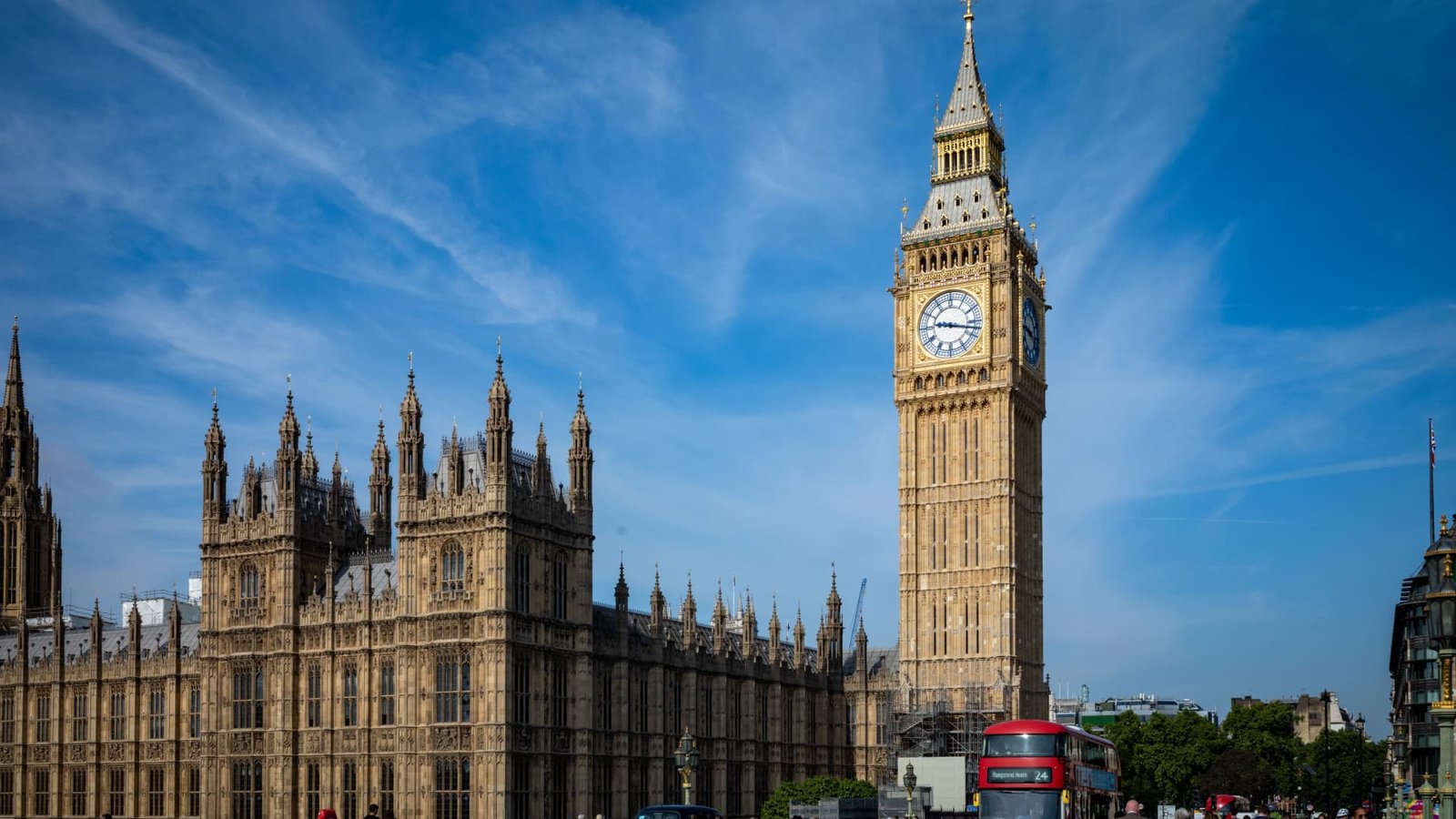The Bank of England announced on Thursday that it would maintain interest rates unchanged after its initial reduction in August, despite the U.S. Federal Reserve implementing a significant rate cut the day before. The Monetary Policy Committee voted 8 to 1 in favor of holding rates, with one member dissenting in favor of an additional 0.25 percentage point decrease.
The committee stated that a gradual approach to monetary easing was still appropriate, citing elevated services inflation. The U.K. economy, which has emerged from a recession but experienced slow growth this year, is anticipated to return to a core growth rate of around 0.3% per quarter in the second half.
In making its decision, the MPC considered a mix of data, noting that headline inflation consistently hovered near the 2% target while services price increases, accounting for about 80% of the U.K. economy, rose to 5.6% in August. Wage growth in the U.K. slowed to a two-year low but remained relatively high at 5.1% over the three months to July.
Following the announcements by the BOE and the Fed, the British pound strengthened by 0.72% against the U.S. dollar to $1.3306. Global equity markets also saw gains, with the pan-European Stoxx 600 index rising by 1.45%.
The BOE’s annual announcement on quantitative tightening revealed a plan to reduce its holdings of U.K. government bonds by £100 billion ($133 billion) over the next year through active sales and bond maturation. This decision was in line with previous periods, contrary to expectations for an acceleration of the program.
BOE Governor Andrew Bailey defended the central bank’s QT program, stating that it was necessary to create room for future quantitative easing or other operations. The BOE confirmed its decision to maintain rates even after the U.S. Federal Reserve initiated rate cuts, with expectations for a potential cut in November.
Deutsche Bank’s chief U.K. economist called for one more rate cut this year, followed by four quarter-point reductions through 2025. The Bank of England’s QT program was described as challenging due to past decisions, with concerns raised about its impact on fiscal policy.
The U.K.’s new Labour government is set to present its first budget in October, with the extension of passive and active QT into the next year posing challenges for fiscal policy. The decision to keep the rate of QT unchanged was seen as a compromise by some analysts.




